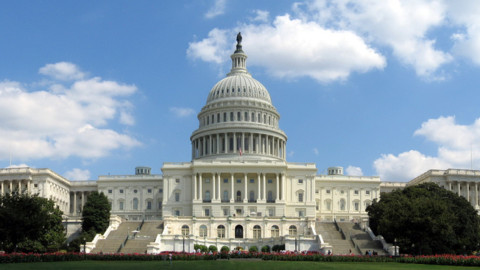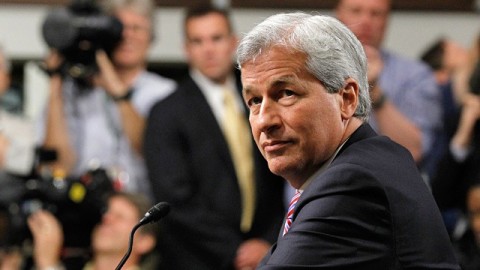Let’s face it. It is the new buzz word in the financial world. There’s always another one. Remember Y2K? The Housing Bubble?
Well this one is the granddaddy of them all. What is the Fiscal Cliff and should I be worried?
It forebodes of a real mess starting in January of 2013, IF Congress does not act upon some legislation which is about to expire.
Thus far, the inclination of both Houses of Congress has been to do nothing. Citing the results of the presidential election as a reason for inaction, the leaders of both houses feel they do not want to take the blame for averting or causing the next disaster to our economy. This disaster has been warned of by the Congressional Budget Office (CBO) since May of this year and is now more extreme. Characterized by the image of a “fiscal” cliff, it is a place where we might fall off once January 2013 comes around.
The CBO’s reasons are valid and many. It is looking like the perfect storm. The confluence of several tax cuts which will expire, the institution of new taxes which are related to the Obamacare health care bill, and the severe cuts in federal funding of many programs, should cause renewed rounds of major unemployment, (with no apparent source of money to pay for the unemployment benefits) dramatically increased tax bills by all Americans, and the potential for many new personal and corporate bankruptcies. The impact of this is estimated to be a 4% reduction in our Gross National Product (GNP). Since the GNP is barely increasing over 1.25% this year, you can do the math.
How does this affect you? The increase in the income tax rates will return the rate of tax on your dividends to the pre-Bush era, with a possible top rate of 43% vs. the current 15%. Will that impact the design of your portfolio? It may and it may not. Read on…
The second impact of this “cliff” is the impact the depressed economy will have on bond prices. If you believe that the bond market and cash is the best approach to being “safe” in this current or near future scenario, be prepared for some real losses. New bonds, although they will have higher interest rates, will also make those you hold now, with lower interest rates, less desirable for others to purchase. That will cause the price of the bonds you now hold to be lower. Knowing that we actively manage bond portfolios makes it less likely that you will end up with a severely depressed portfolio of bonds but a loss of some value is possible. Here’s why:
- We are using bond MUTUAL funds that have very few US Treasury securities.
- The bonds in the portfolios have shorter maturities, meaning they will mature within a few years. This allows us to have cash to buy new, higher interest bonds as the interest rates go up. It also means the shorter the maturity, the less the prices should drop.
- We are moving more to municipal bonds, which by definition, avoid federal income tax on the interest payments. This makes them friendlier to those whose tax brackets will be increasing.
And, as the saying goes, “cash is king”. We now have more money in cash as a specific defensive strategy than we have ever before. This gives your portfolio more stability and makes it easier to move in or out of the markets should conditions dictate.
So where do you go in this crazy environment? Given the old rule of thumb that a well-diversified portfolio is the only long-term course of action to follow, we have to agree with this advice. We see the following for the short term market fluctuations:
- For stability, we will recommend you hold the stocks that do pay dividends even if they are taxed that much greater. The dividend-paying stocks are the most financially secure and most stable. Especially if they sell in-demand consumer goods, like oil, gas and other utilities. We all need those and will continue to do so.
- Hold municipal bonds which are shorter-term and those of the Fortune 500 companies.
- Hold cash for the purpose of meeting for your basic income needs and expect to use it apart from your invested assets until the direction of this country seems more positive.
At this point, we are not advocating making any preemptive changes until we see what the results of the presidential election are and the direction of the lame duck Congress. There is hope that Congress will do something to minimize this disastrous state of affairs, but they may not come to any compromise. Most likely scenario is some kind of temporary fix where they will extend the tax cuts for a few months and throw off the burden of resolving these issues to the new Congress and the President.
We do not want to be reactive nor do we want to be the last one to the table.
Most importantly, we advocate a middle-of-the-road approach and ask that you do not panic. This, like we have all seen in the past five years, is temporary. Stay tuned as the drama unfolds…








